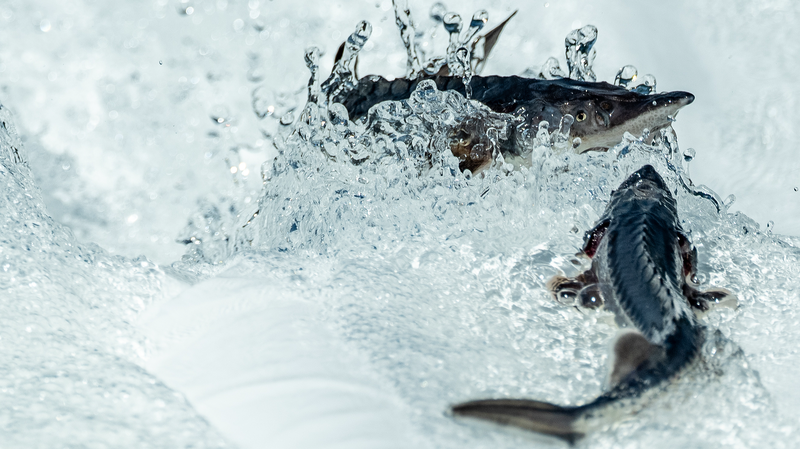In a first on the Chinese mainland, teams at China Three Gorges Corporation’s (CTGC) Yangtze River Rare Fish Conservation Center have successfully bred third-generation (F3) Chinese sturgeon entirely through artificial propagation! 🎉🐟
This month (Nov 6–7), researchers used a 13-year-old female and 14-year-old male—both second-generation sturgeon—to kick off a strict selection process. They boosted the fish with nutrient-rich diets and swapped in water conditions that mimic their natural river habitat. After careful artificial induction and fertilization, they hit a fertilization rate of over 95%. Five days later, about 112,000 tiny fry emerged! 🌊🔬
“This milestone proves second-gen sturgeon can grow up and reproduce under lab conditions,” says Jiang Wei, deputy director of CTGC’s Yangtze River Biodiversity Research Center. With a bigger second-gen group ready, the project is moving from pilot trials into a sustainable, large-scale breeding phase.
Looking ahead, CTGC plans to roll out an “artificial-plus-natural” protection system—combining hatcheries with river releases—to help wild populations bounce back. It’s a bold move toward reviving this “living fossil,” a rare migratory fish endemic to the Chinese mainland’s Yangtze ecosystem.
Originally pulled from wild rivers in the 1980s for the first-gen program, Chinese sturgeon saw their second wave of lab-born babies in 2009. Now, with F3 on the scene, conservationists are more hopeful than ever that these prehistoric giants will reclaim their river routes. 🌍💚
Reference(s):
cgtn.com



